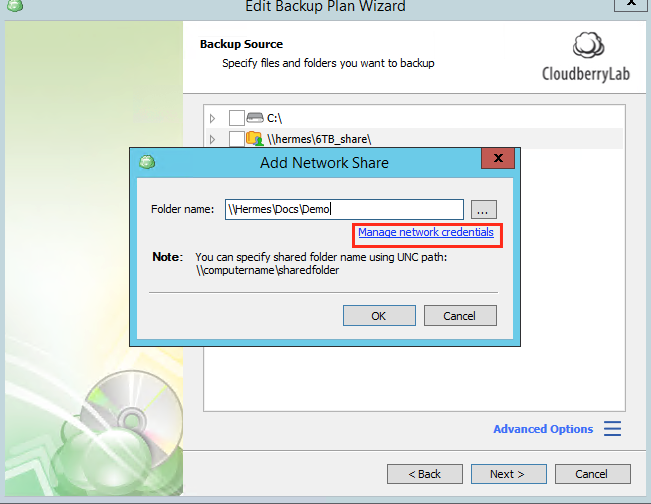
Why Do VPNs Slow Your Internet Connection?Īside from the exceptions mentioned above, using a VPN to access the internet will generally result in increased latency and lower speeds. If your ISP doesn’t have a lot of these, it can cause your connection to operate below the good internet speeds.Ī VPN gets around this issue by masking the origin of your data, meaning other networks can’t tell that it came from a network with poorly configured or negotiated peering arrangements. We won’t get too deep into the details on this, but essentially, a peering agreement is a contract between two networks to cooperate and transfer each other’s traffic. Peering AgreementsĪnother case where a VPN can improve the speed of your internet traffic is if your ISP has poor peering agreements with other networks. If your internet service provider is doing this, a VPN can mask the type of traffic you’re sending, making it impossible to selectively throttle. Torrenting is one of the most commonly throttled forms of internet traffic. Beyond that, we’ll take a look at the much more common scenario, which is slow VPN connection speeds and how you might go about improving them.

In this article, we’ll cover the cases where VPN connection speeds might exceed normal internet connection speeds.
Cloudberry server buckup location name how to#

Cloudberry server buckup location name password#
How to Set Up a Strong Password in 2022.

How to Securely Store Passwords in the Cloud.Best Password Manager for Small Business.How to Access the Deep Web and the Dark Net.Online Storage or Online Backup: What's The Difference?.Time Machine vs Arq vs Duplicati vs Cloudberry Backup.


 0 kommentar(er)
0 kommentar(er)
